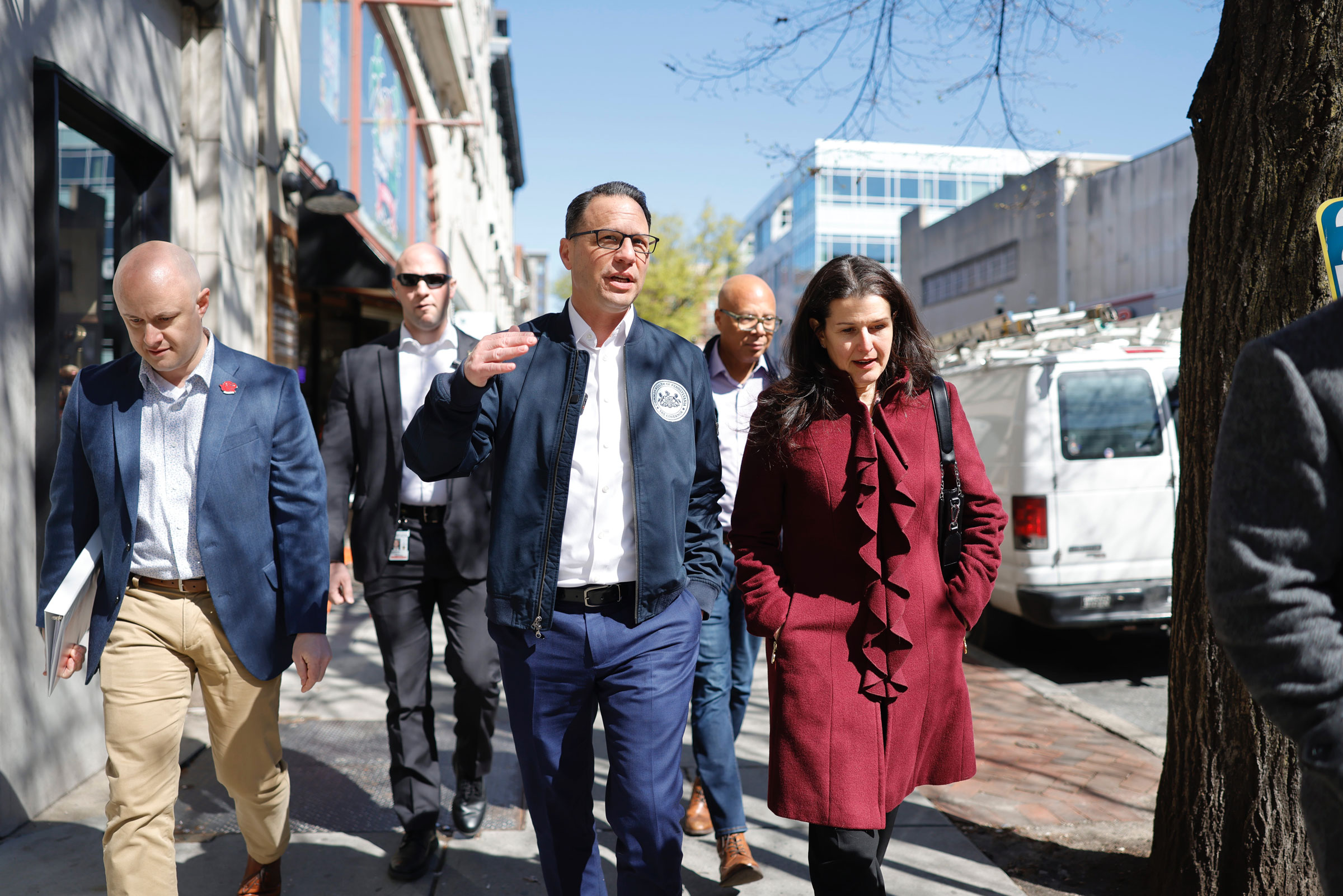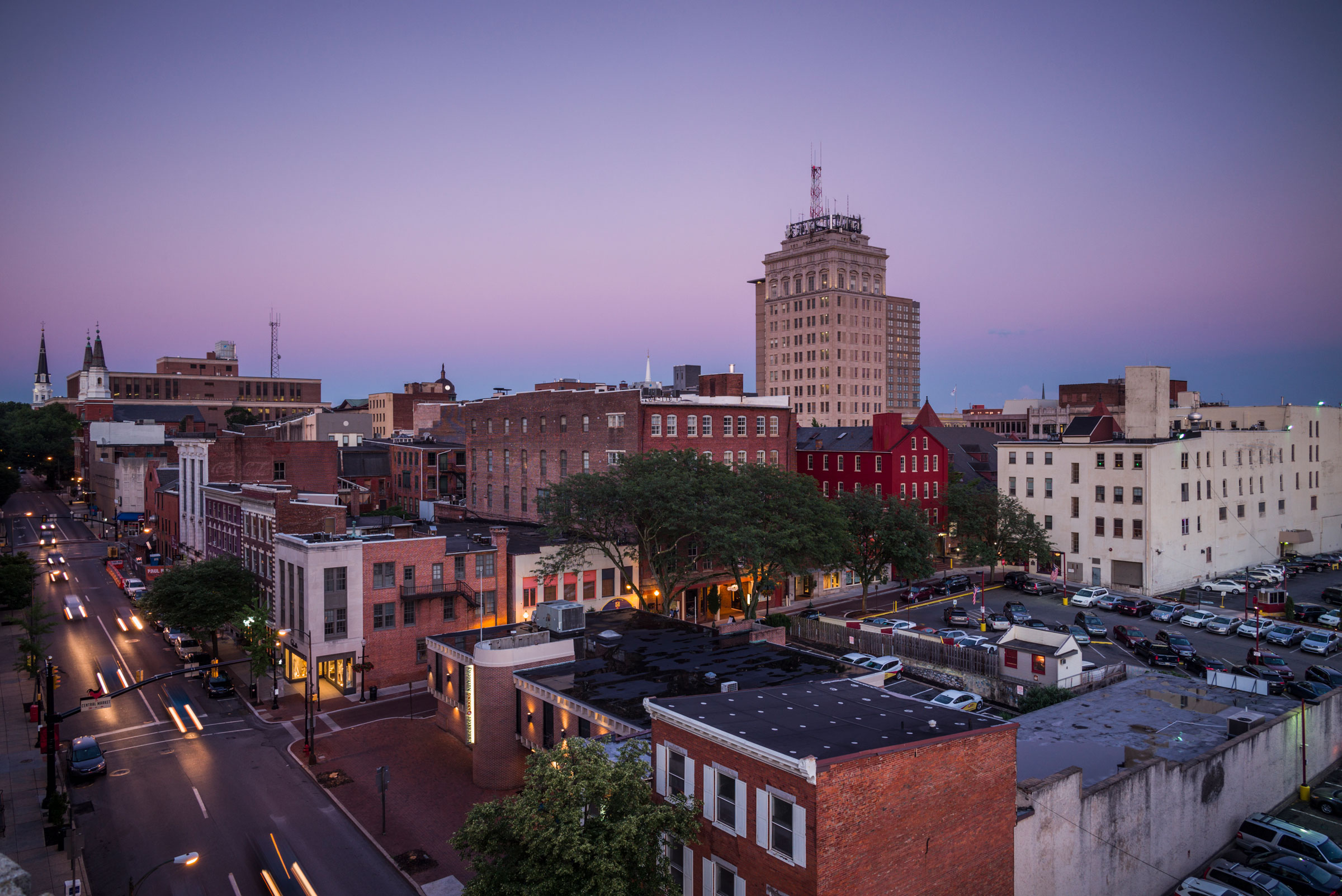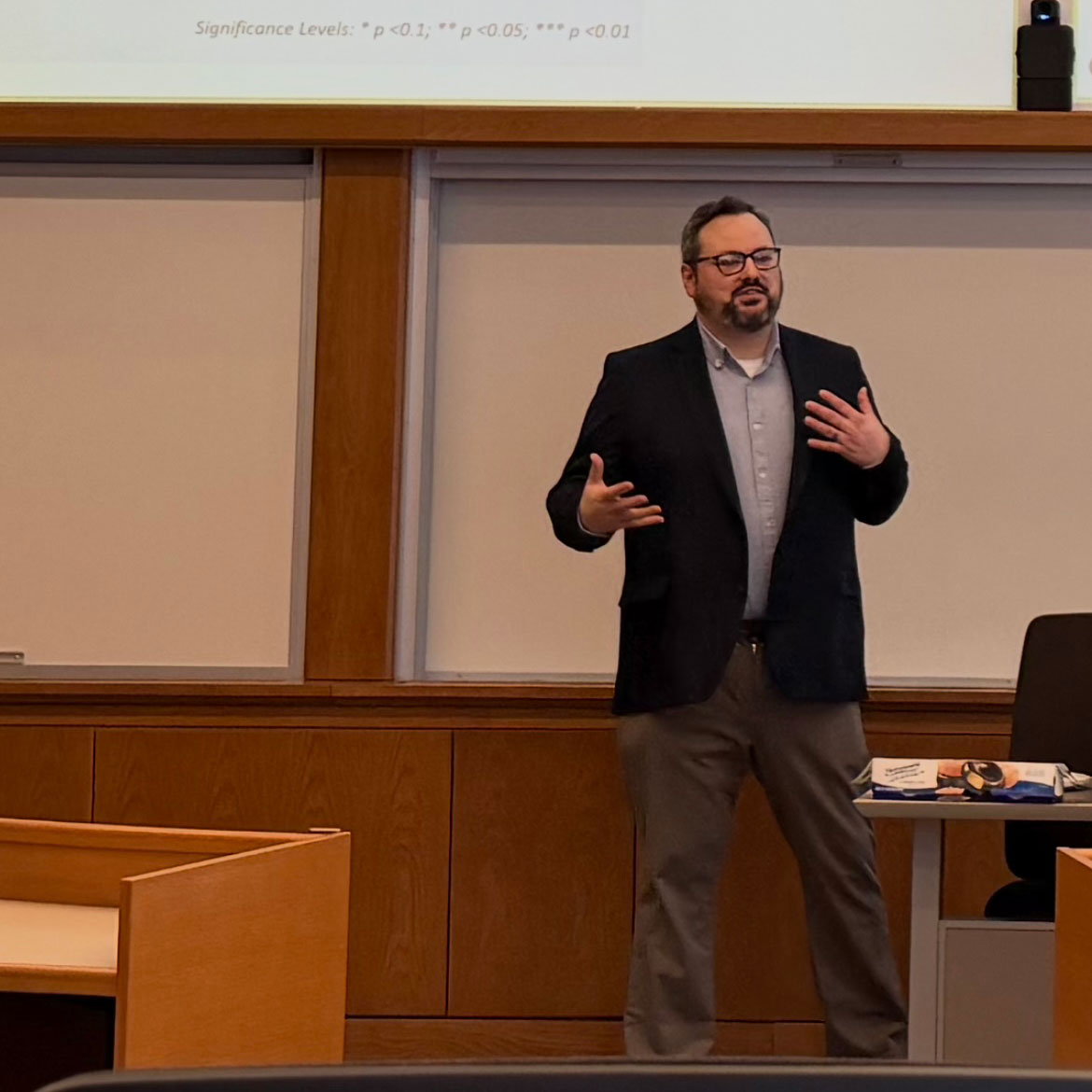News & Politics
For more PA cities, hard fiscal choices are leading to home rule
The need for revenue is driving more Pennsylvania local governments to consider home rule charters.

Founded in the 1730s, the Lancaster Central Market is a historic and popular destination in the city’s downtown. aimintang via Getty Images
With COVID-era federal funding running dry, state and local governments alike are being forced to reckon with budgetary challenges stemming from limited revenue-generating options and increasing costs.
In Pennsylvania, many cities are now grappling with increasing costs and fixed expenses like debt service payments, pension obligations and employee benefits – while also trying to find ways to fill the post-pandemic holes in their budgets.
State laws spell out what authority local governments do and don’t have, including their taxing authority. However, local governments have the ability to adopt home rule charters, which are local governing documents that outline a municipality's structure, powers and duties. The charters effectively transfer the municipal affairs from state law, as written by the General Assembly, to a local charter approved by voters. According to the Pennsylvania Department of Community & Economic Development, more than 80 Pennsylvania municipalities have home rule charters, including cities like Allentown, Reading, Pittsburgh and Philadelphia.
Lynne Shedlock, the director of operations for the Pennsylvania Economy League, told City & State that home rule charters allow municipalities to craft their government in a way that better meets the needs of their constituents, particularly when it comes to how they’re structured. “There are all kinds of reasons to go home rule to change your government structure to have it best meet the needs of your community,” she said.
Shedlock added that in the process of adopting a home rule charter, local governments also gain greater tax flexibility, like the ability to raise their Earned Income Tax levels – something that has become appealing for an increasing number of cities in Pennsylvania, some of which, like Lancaster, have formally studied and implemented a home rule charter. Others, like Williamsport and Erie, continue to explore the idea.
Local leaders who spoke with City & State said enacting a home rule charter is not a silver bullet, but it does provide financial latitude for local governments that need revenue and want to temporarily avoid the choice between property tax increases or immediate budget cuts.
‘Better Local Government’
Classified as a third-class city under state law, the City of Lancaster boasts a popular downtown scene and is close to Amish country, but like other third-class cities in the commonwealth, it’s not immune to structural budget challenges.
Lancaster Mayor Danene Sorace told City & State in an interview that she first pitched studying the home rule process several years ago. With financial projections showing a structural budget deficit and the need to potentially increase property taxes in the city, Lancaster was facing tough decisions.

“Looking at that, you're just like this, is unsustainable. We’re either going to have to eliminate critical services in the city, or we are going to become the absolute most expensive community to live in – and that is going to have really bad consequences,” Sorace recalled thinking.
To enact a home rule charter, a municipal government must first initiate a government study commission process that’s required under state law. This can be done by ordinance or by voters circulating a petition, which will then trigger a referendum for voters to decide on whether to elect a commission to study the home rule form of government.
The City of Lancaster approved a study commission in May 2023. The commission said in its final report that “adoption of a Home Rule Charter would significantly improve the City’s ability to meet the needs and expectations of its citizens,” citing “increased flexibility on taxation” as a major improvement from the existing form of government, which is governed by the state Third Class City Code. Lancaster voters went on to adopt the city’s new charter in November 2024.

Sorace stressed that having the option to increase the city’s Earned Income Tax rate, rather than raise property taxes, is one of home rule’s biggest benefits, especially for seniors and those on fixed incomes. “Earned Income Tax increases year-over-year through natural growth in wages. When you retire, you don't pay it anymore. At least at the end, when you're on a fixed income, the burden is lessened because you're not having that ratcheting up basically every other year,” she said.
The home rule form of government provides other benefits to a city like Lancaster, Sorace said, adding that the charter adopted by voters in 2024 increased opportunities for public engagement by giving citizens the ability to petition to propose, reconsider or appeal an ordinance via referendum; it also created a city ethics commission and requires five-year capital budgeting.
“I think, on the whole, what we've come out with is a better government – better local government,” Sorace said.
Third-Class Challenges
Roughly 125 miles north of Lancaster, the City of Williamsport is currently exploring the idea of home rule, a concept it previously considered: Voters elected a study commission in 2017, but a charter was never adopted.
In the years since, new voices have been elected to City Council and the mayor’s office, and with Williamsport experiencing similar financial challenges to other third-class cities, local government leaders think home rule could be a solution.
“The root of the interest is the taxation flexibility,” Williamsport City Council President Adam Yoder told City & State in an interview. “As an Optional Third Class City Charter city, we fall under the state's taxation code for third-class cities. That really limits the mechanisms we have to raise revenue to provide services.”

“It also limits how much we can raise within each of those levers. Each taxing lever has a cap on it, and for the City of Williamsport, outside of property taxes, we're either really close to or at those caps as it is,” Yoder continued. “Really, our only lever to raise revenue is property taxes, and that's not uncommon with other third-class cities, as far as I can tell.”
On May 27, Williamsport City Council held a special public meeting to educate residents about the option of adopting a home rule charter.
No concrete action has been taken yet to study the home rule process in Williamsport, but Yoder said the idea has support within City Council. “We as City Council have near-unanimous-to-unanimous strong interest in pursuing this option,” he said.
It may not be an end-all-be-all solution, but the process could provide some financial breathing room in the fiscal years to come, Yoder said when asked about the benefits of home rule. “It's the hopefully fiscal flexibility that we gain from it – to really help partially alleviate some structural, fiscal issues that we feel that we are up against.”
To pursue the adoption of a home rule charter, a local government must embark on an extended, multi-year process that involves a ballot referendum to elect a study commission, the development of a draft charter, and then a subsequent referendum to vote on whether to adopt the proposed charter.
There are aspects of the home rule process that may give some municipalities pause when considering home rule, Shedlock said. For one, it’s a significant amount of work over an extended period of time. It can also be pricey. “Depending on how you do it, it's not inexpensive,” she said. “If you're hiring a consultant and a solicitor, it can be, you know, literally hundreds of thousands of dollars.”
Shedlock said that in some cases, local elected leaders may be reluctant to move ahead with the home rule study process because they have little control over the commission and its findings.
“Nobody knows what the commission is going to do, right? They kind of have full rein to decide how this new government is going to be structured,” Shedlock said. “Now, the residents still have to vote on it, but the current elected officials, unless they are on the commission – which is something that is permitted, don't have any say in what's going on.”
State Support
Other cities across Pennsylvania, from Erie to Hazleton to Shamokin, are also considering studying the home rule process. But the revenue-raising options of home rule charter cities only go so far. In an ideal world, local officials who spoke with City & State said, the state would grant local governments more options to raise revenue.
In 2022, Shedlock helped author a Pennsylvania Economy League report that highlighted the limited taxing options that municipalities have under state law, most notably Act 511 of 1965. The report suggested making it easier for municipalities to raise their Earned Income Tax rates and consider options like a drink tax.
For Lancaster, a city that has a bustling downtown, that could look like a drink tax, Sorace said. “I'd love to have a drink tax, because I think one of the things that's really hard about cities in Pennsylvania is that the majority of us are the cultural, government, and education centers of the county,” she said.
“There isn't really a way for us to capitalize on people who are visiting here, working here every day, other than the local service tax,” Sorace said.
Yoder concurred on the desire for more revenue options. “If the state legislature came to me and said, ‘Adam, we are updating all of this stuff. What would you like to see?’ I would say, give us flexibility to levy revenue taxes in a way that best aligns with our community.”
